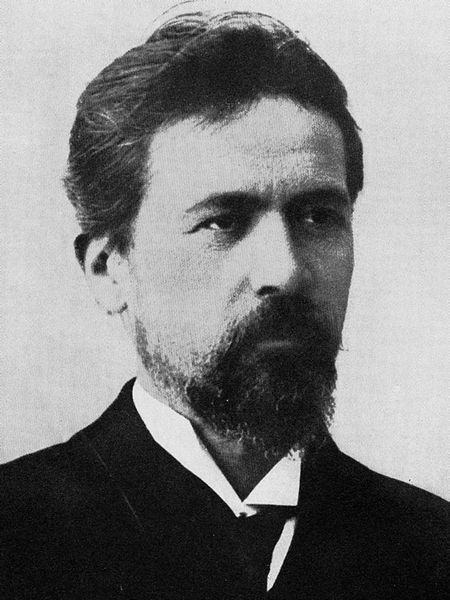‘Poetry’, Wordsworth reminds us, ‘is the spontaneous overflow of powerful feelings’, and there can be no area of human experience that has generated a wider range of powerful feelings than war: hope and fear; exhilaration and humiliation; hatred—not only for the enemy, but also for generals, politicians, and war-profiteers; love—for fellow soldiers, for women and children left behind, for country (often) and cause (occasionally).
So begins Jon Stallworthy’s introduction to his recently edited volume The New Oxford Book of War Poetry. The new selection provides improved coverage of the two World Wars and the Vietnam War, and new coverage of the wars of the late twentieth and early twenty-first centuries. Below is an extract of two poems from the collection.
JOHN MILTON 1608–1674 On the Late Massacre in Piedmont* (1673)
Avenge, O Lord, thy slaughtered saints, whose bones
Lie scattered on the Alpine mountains cold,
Even them who kept thy truth so pure of old
When all our fathers worshipped stocks and stones,
Forget not; in thy book record their groans
Who were thy sheep and in their ancient fold
Slain by the bloody Piedmontese that rolled
Mother with infant down the rocks. Their moans
and his Latin secretary, John Milton.
The vales redoubled to the hills, and they
To Heaven. Their martyred blood and ashes sow
O’er all th’ Italian fields where still doth sway
The triple tyrant, that from these may grow
A hundredfold, who having learnt thy way,
Early may fly the Babylonian woe.
* The heretical Waldensian sect, which inhabited northern Italy (Piedmont) and southern France, held beliefs compatible with Protestant doctrine. Their massacre by Catholics in 1655 was widely protested by Protestant powers, including Oliver Cromwell and his Latin secretary, John Milton.
LOUIS SIMPSON The Heroes (1955)
I dreamed of war-heroes, of wounded war-heroes
With just enough of their charms shot away
To make them more handsome. The women moved nearer
To touch their brave wounds and their hair streaked with gray.
I saw them in long ranks ascending the gang-planks;
The girls with the doughnuts were cheerful and gay.
They minded their manners and muttered their thanks;
The Chaplain advised them to watch and to pray.
They shipped these rapscallions, these sea-sick battalions
To a patriotic and picturesque spot;
They gave them new bibles and marksmen’s medallions,
Compasses, maps, and committed the lot.
A fine dust has settled on all that scrap metal.
The heroes were packaged and sent home in parts
To pluck at a poppy and sew on a petal
And count the long night by the stroke of their hearts.
Image credit: Menin Gate, Ypres, Belgium. Public Domain via Wikimedia Commons.
The post War poetry across the centuries appeared first on OUPblog.





